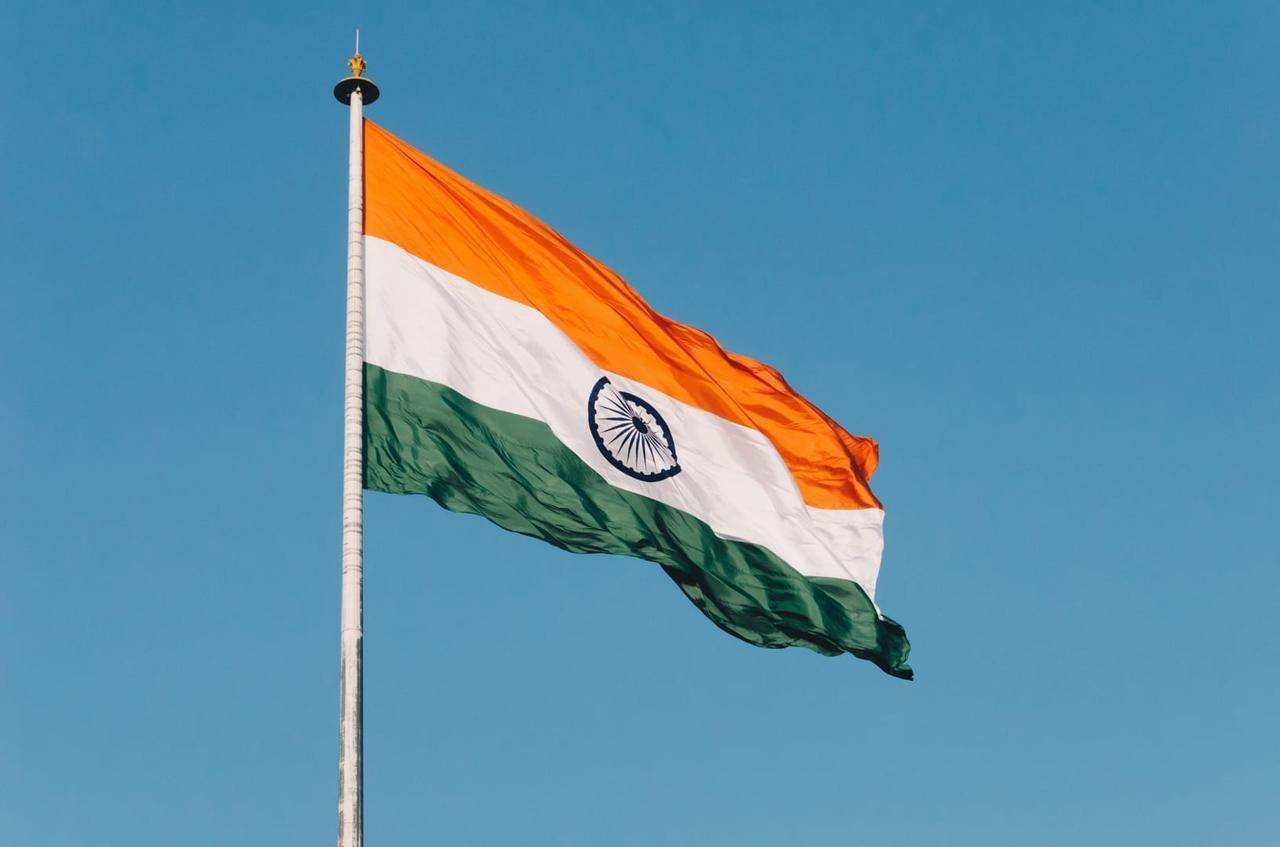MUMBAI, India – Lamenting the “shopping list of human hatred,” Myanmar’s cardinal has called for religious leaders to “light a candle of hope” by insisting that not only is peace possible, it is “the only way.”
Cardinal Charles Maung Bo, the Archbishop of Yangon, was speaking July 16 at an event at the United Nations headquarters in New York sponsored by the International Partnership on Religion and Sustainable Development (PaRD).
The meeting was under the theme “Together for the Goals – Religious Actors’ Role on Sustaining Peace – SDG 16: Peace, Justice and Strong Institutions,” referring to the UN’s sustainable development goals for the year 2030.
The 17 goals were set by the United Nations General Assembly in 2015, and are meant to address global challenges related to poverty, inequality, climate, environmental degradation, prosperity, and peace and justice.
PaRD was established to bring together governmental agencies, NGOs, and faith-based organizations to work with religious communities to work for the 2030 Agenda for Sustainable Development.
According to the UN, there are several targets to be reached to fulfil Goal 16 for Peace, Justice and Strong Institutions, including significantly reducing all forms of violence and related death rates everywhere; ending abuse, exploitation, trafficking and all forms of violence against and torture of children; promoting the rule of law at the national and international levels and ensuring equal access to justice for all; substantially reducing corruption and bribery in all their forms; and broadening and strengthening the participation of developing countries in the institutions of global governance.
“This recognition that religious leaders are influential in peace making is a reality the world leaders and the civil society actors need to take into account. Often there is a tendency to implicate religions and their leaders to direct or indirect cause of conflicts. This is sad because many parts of the world, especially in Asia and Africa, the religious leaders play a major role as opinion makers, community leaders who could influence the faithful towards peace not conflict,” Bo told the July 16 gathering.
The cardinal gave the example of Myanmar, which has experienced years of military rule and ethnic conflict.
“For the nearly six decades of its existence, the country has been at war, brother against brother. So much blood and tears have been shed,” Bo said.
The shopping list of human hatred is nauseating: Nearly a million internally displaced people, nearly a million fled as refugees, nearly 4 million forced into distress migration, around 22 internal conflicts continue to simmer,” he continued. “The country, once the richest in the whole of South East Asia, remains one of the poorest countries in the world.”
Bo said that in Myanmar, “war has mutilated sustainable development.”
“The dream of human dignity is becoming a receding dream. Despite all the great resources, we look for aid from rich countries. We are the proverbial blind beggar begging with the golden plate,” he said.
However, the cardinal said that the religious leaders in Myanmar are taking a “proactive role” in building peace.
“My country is a deeply religious country. It is a country of pristine Buddhism. There are 500,000 monks and 70,000 Buddhist nuns. And the Catholic Church has 800 priests and 2,200 nuns,” he pointed out.
“All these religious live in remote villages, influencing the people’s life and faith. Their role in maintaining peace through imparting values like compassion is an extraordinary contribution to the peace of Myanmar. The culture is soaked in reverence for the religious people. Religious people impart great values in the society,” he said.
The cardinal spoke about his work with the organization Religions for Peace, which sent a multi-religious team as independent observers to the conflict-ridden Rakhine State, the flashpoint of the current Rohingya crisis.
The team included Buddhist monks, as well as leaders from Christian, Muslim, and Hindu faith communities.
“This good will visit was very helpful in cooling down the situation and also building confidence among the stakeholders. This is a first visit to the areas by the neutral groups,” Bo said. “While the world was indulging in strong criticism the visit of the Religions for Peace really helped in opening the doors of dialogue.”
The cardinal said the multi-religious composition of the team was “a great witness” in a country where inter-religious attacks have been increasing, adding the team “also challenged the hate speech and extremism of some of the fringe religious leaders.”
He also spoke about the Church’s role as a mediator between the government and many of the ethnic militias in the country.
Noting that many of the ethnic minority groups are Christian, Bo said the Church has proactively worked for peace and helped the government to reach out to the militia groups for dialogue.
“Both the army and the armed groups have been maintaining good relationship with church leaders to facilitate peace moves. There are specific cases of peace deals that were agreed based on the initiatives of the Catholic bishops,” the cardinal said.
Bo said religions have been “stigmatized” in the international discourse – specifically mentioning the idea of the “clash of civilizations” – and said this has been detrimental to peace efforts in Asia and other areas where religion plays a major role.
“All major religions teach the core vision: Humanity is one huge family. We are all brothers and sisters. We share the same spirit: Inter-being and inter-dependence. We are one. The great fruits of religious people is articulated in the simple sentence: Compassion is the common religion of humanity.”
Crux is dedicated to smart, wired and independent reporting on the Vatican and worldwide Catholic Church. That kind of reporting doesn’t come cheap, and we need your support. You can help Crux by giving a small amount monthly, or with a onetime gift. Please remember, Crux is a for-profit organization, so contributions are not tax-deductible.
















